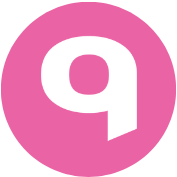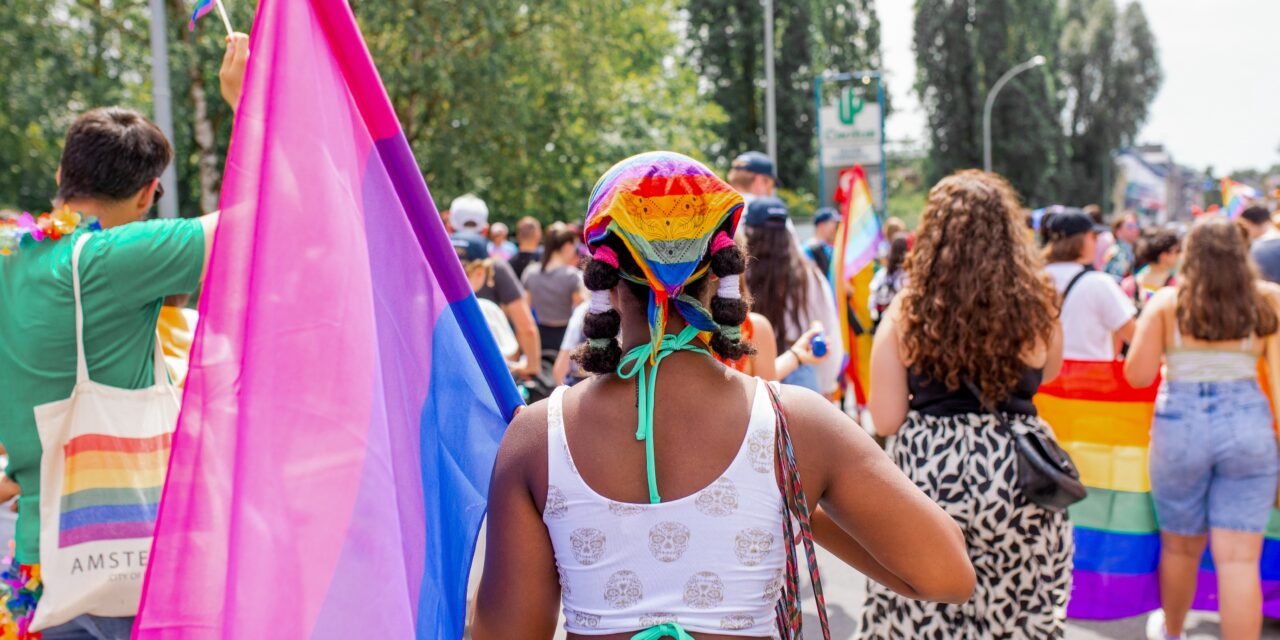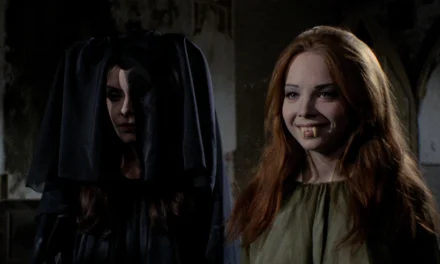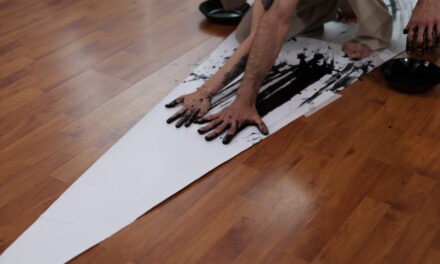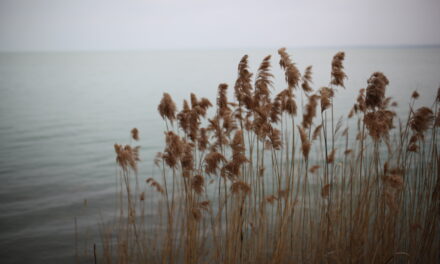“[Bisexuality is] the potential to be attracted to, romantically and/or sexually, to people of more than one [gender], not necessarily at the same time, not necessarily in the same way and not necessarily to the same degree.”
– Robyn Ochs, 2009
As a resident bisexual, since I returned to Luxembourg from my year abroad studying in Glasgow in 2020, I have been on a frantic search for a place to “belong” in the Grand Duchy’s LGBTQ+ community. I started attending occasional CIGALE group meetings in 2022, and the usual feedback in those circles was unanimous: “there is not much here for the queer community”. The Centre LGBTIQ+ CIGALE is a community center in Luxembourg City focused on support, empowerment, education, and research on queer topics. This sentiment within the meeting group was stifling, and it was shared by several age groups and across various sexualities. Back then, we didn’t even have a gay bar anymore. We all harbored a somewhat defeatist attitude, crammed together around a table in a dedicated, repurposed flat in Luxembourg City, mainly complaining about stuff. The COVID-19 pandemic had flattened and distorted our ideas of what was possible. How could we overcome this?
And then, seemingly out of nowhere, sometime last year, a queer “boom” happened: more dedicated parties (Banana and LaFancy, among others), the launch of the Rainbow Center in the heart of Luxembourg-city, the opening of Letz Boys (super centrally as well), the inaugural Pride Run and the abundance of Pride activities in 2023 were so extensive that even with all my enthusiasm, I could not stay for the entire lineup in Esch-sur-Alzette or attend all the related events… However, it is no secret that most queer parties in Luxembourg tend to be predominantly attended by gay men (Letz Boys is named as such for a reason). I went to every party, trying very hard to carve out a space for myself, or rather to convince myself of belonging. Luckily, I made quite a few friends in the process, but I could still not find my bi+ people. Finding a bisexual in the “wild”, regardless of gender, was a little like finding a four-leafed clover. So rare; such luck! (Actually, the chance of finding a four-leafed clover is 0.01% while bisexuals are something around 1.3% of the population).
It was bizarre to some of my new (straight) acquaintances that I felt that way and it was weird to most of my gay friends, too, who did not seem to fully grasp what I was on about.
What is so special about bisexuality, why was I so dead-set on this?
Well, bisexuality is not just sexual and personal orientation, it is an identity. It is a way to experience the world and can often make individuals deconstruct gender norms and heteronormative assumptions. It is also about queering the dating scene and questioning preconceived notions about sex and relationships – including old-
fashioned binaries and the scarcity of intimacy in today’s hyper-individualist society.
The best metaphor that comes to mind for bisexuals is, perhaps, mermaids (a life-long fascination of mine): not a fish, not a human, a thing in their own right, often feared and often having to hide their tails if they do live among people. Note: no matter where they live, they are still mermaids.
What is so important about finding like-minded people, maybe especially for bi+ individuals? Despite representing anywhere between 50% to 70% of the LGBTQ+ community, certain experiences that are unique to this subgroup (the large umbrella of bi+ includes pansexual, bisexual, omnisexual, fluid, queer, asexual and other free identifiers) are rarely thematised in local groups or events. Certain specific and common bi+ struggles can thus become rather isolating. Bi+ people usually feel both invisible and like outsiders – too straight for some and too gay for others – which makes them less likely to be “out” or feel at ease in the queer community. Bisexuality is often questioned, although very often you just “know” or feel you are bisexual, pretty much like you know you are gay or straight. You should not ever need to provide “proof” to yourself or others. Furthermore, bisexual identities can so often be forgotten about or “fetishised”, with wild assumptions being made about one’s dating life, sexual interests and/or availability (such as straight men assuming bi+ women will pretty much always be interested in having a threesome with another woman).
Bi+ people are also statistically at a higher risk for mental health problems and intimate partner violence. High stress rates resulting from discrimination and isolation can also contribute to higher smoking and substance use disorder rates in the bi+ community. This is where supporting each other could come into play.
The more queer friends I made, the more I felt legitimate in those still-rare-to-come-by queer spaces. But I still could not find those local bi+ people or people who understood that “non-dual dual” part of me. I really did not want to hide anymore, but I also understood that being a mermaid who wants to meet other mermaids on land meant I had to take initiative. So, I decided to start organising meetings. I did so via the MeetUp app: for the first two events, 4-5 people gathered but then for the next meeting, a café meetup, I had a no-show… I was wearing my pink-purple-blue rainbow t-shirt and reading a book entitled “bi: The Hidden Culture, History and Science of Bisexuality” by Julia Shaw, sitting all bi myself at Konrad despite 7 people having RSVPed on MeetUp. It was a uniquely terrible feeling. I asked CIGALE to please make a group last summer, soon after that experience.
This spring, my wish finally came true. The first Panbi+ group meeting at CIGALE made me feel like I was still dreaming – over 20 people showed up, some of whom I had met before or seen from afar. I felt a sense of belonging and warmth like never before. Of course, I agreed to co-organise the group the second I was asked, despite being ridiculously overscheduled. I am so grateful and proud that we are finally highlighting the B in LGBTQ+ in Luxembourg, although this is only the beginning.
It is okay if you are not ready to come hang out with us, but if you are one of us, just
know a dedicated support group exists, even in a small place like Luxembourg, and
you are not alone. We are in the middle of planning events, workshops and fun outings for the future, and we are looking forward to the Bisexuality Visibility Week (16-23 September 2024), when we have a special event planned.
In my experience, coming out to a trusted friend can sometimes prompt them to
come out as well, or at the very least, it can lead to deeper and more honest discussions and strengthen your bond. Overall, we could all do with a little more visibility. Bisexuality is not only about sex or the gender of a partner. So let us reclaim it for the expansive identity it can represent. Bi+ individuals appreciate the beautiful diversity of humans, they can love and form deep friendships independently of people’s gender and they can often have a different, sometimes unique perspective on all this love and gender stuff.
Photo: Shutterstock
